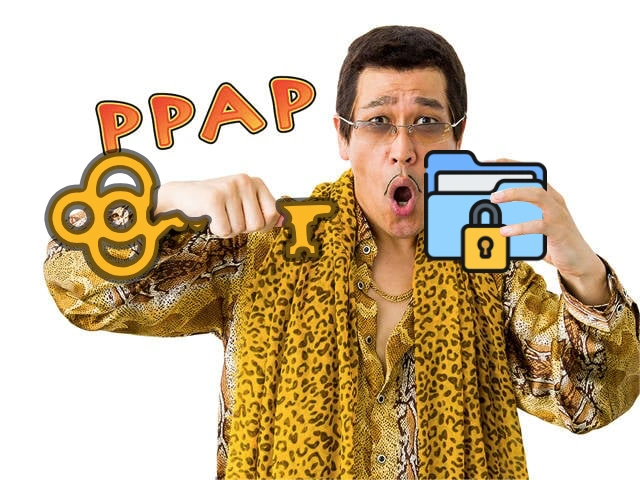If you’ve spent time working in Japan, you know the country is famous for precision, process, and polite efficiency. There’s a lot to admire here — common-sense systems, a deep respect for doing things right, and a serious commitment to quality.
But sometimes, Japan makes things complicated just for the sake of being complicated.
One of the clearest examples is PPAP.
If you’re not familiar, PPAP in Japan isn’t just a viral song. In corporate life, it stands for this workflow:
- Password-Protected File
- Password sent separately
- Afterwards
- Password Email
In short, someone emails you a locked file, then sends you the password in a separate email, usually within minutes.
This became a standard business security practice in Japan. The logic? It feels safer to split the file and the password, even though both emails often travel through the same server and can be intercepted together.
Globally, this approach has been widely criticized by cybersecurity professionals. Japan’s own Cabinet Office officially banned PPAP from government use in 2020 because it simply doesn’t offer real protection.
So why is it still so common in Japanese companies?
- Conservatism in digital security – Newer systems are often seen as risky.
- Perceived security – It feels more secure, even when it isn’t.
- Process loyalty – Following the accepted process is sometimes more important than questioning whether it still makes sense.
This is a pattern you’ll see across many industries in Japan.
Not everywhere. Not all the time.
But enough to notice.
We’ve seen it in supply chain procedures, HR systems, data management, even marketing approvals. Sometimes Japan builds beautifully rational systems. Other times, you get PPAP.
The Real Lesson
In Japan, not everything is meant to be fixed.
Some things just are.
You can spend energy fighting them, or you can accept, adapt, and move on.
At Japan Startup Advisory, we help our clients figure out which battles are worth fighting, and which ones are just PPAP moments.

